Women’s March on St. Louis
At the end of the march, Gillian Wagner (’18) holds her sign up proud.
On Saturday, January 21, thousands of people came together for the Women’s March on St. Louis. The march was only a mile long, starting at Market and 18th Street and ending at Luther Ely Smith Square. Though the official start time was 9 a.m., people began gathering around 8:30 a.m.
There was an estimated eleven thousand people at the St.Louis march alone. Packed streets could be seen from all directions, and the sea of signs got lost in the depth of the crowd.
Once the march was completed, the speeches began. Numerous guest speakers encouraged the crowd to continue to fight for equality. After this, Charis, the St. Louis Women’s choir, performed at the event.
The march coincided with the Women’s March on Washington and the countless others going on around the country. St. Louis’ large turnout represented only a fraction of the thousands of people behind the cause.
Simon Osler (’18) attended the march in Nashville, Tennessee. “As a man, I marched to let women and minorities know that I stand with them and I am holding their hand through these difficult times. If I can, I want people being persecuted to know that I will stand with them,” Osler said.
Within every march there was a sense of unity, and this sense of unity was shared between marches all across the country. This weekend was a time when no one stood alone; people came by the thousands, protest signs in tow.
There was a variety of signs that were held high by the people. For women’s rights, signs read “Girls just want to have fundamental rights.” Signs were held for Black Lives Matter, the LGBTQ community and overall human rights. Signs were there that called for “human rights for all people regardless of gender, race, sexual identity, religion or nationality.”
For some, the protest really hit home. One protester held a sign reading, “I march for the respect of my disabled daughter and the rights of my gay son.”
The marches throughout the country, and the feminist movement alone, has taken on a new meaning. It is more than equality for women; it is equality for all people, despite their differences. The rising unity on the subject is a good sign of achieving the goal of equal human rights.


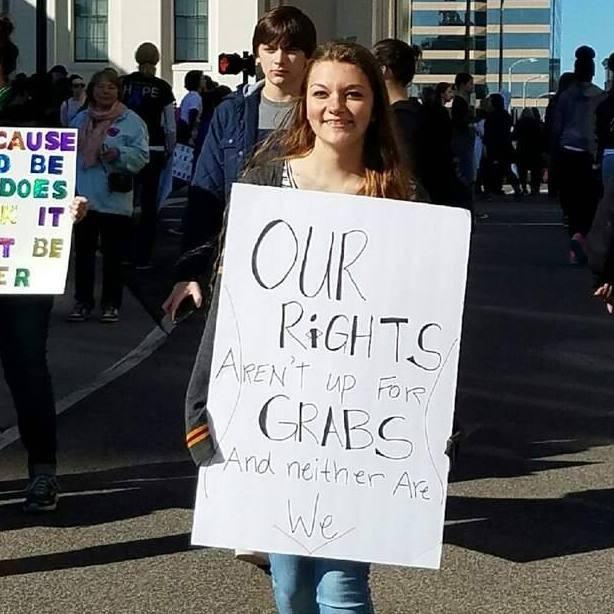
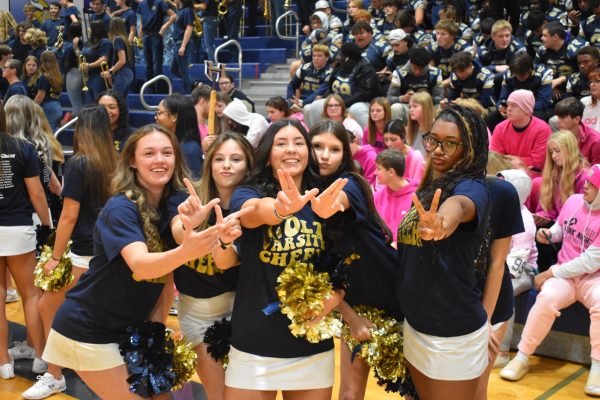
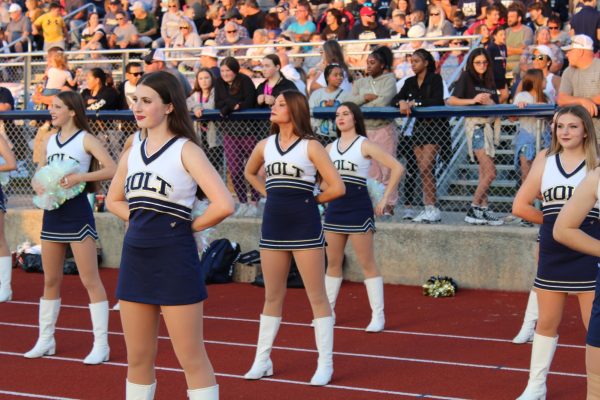
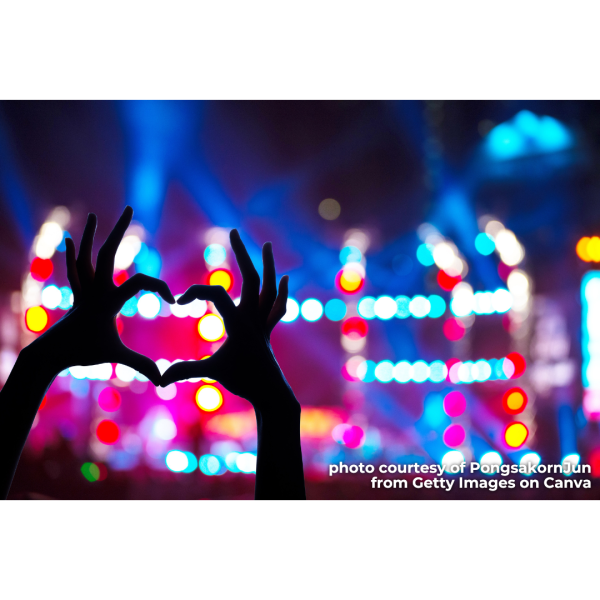


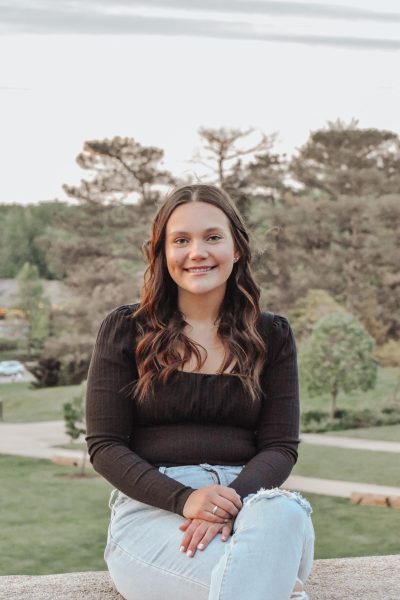
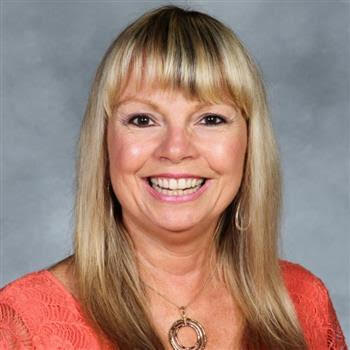


Stephanie Rislove • Jan 24, 2017 at 8:30 PM
Really nice to see so many young people in our country becoming politically aware and active. Gives me a sense of hope for our future. Keep fighting the good fight in a positive and peaceful way!